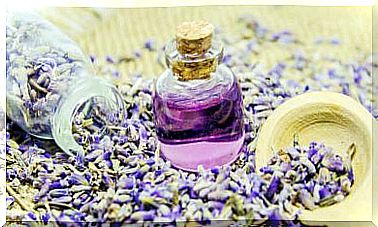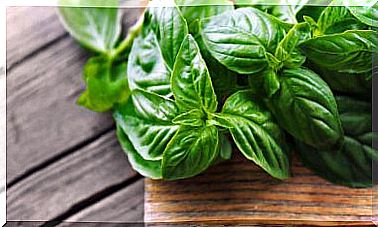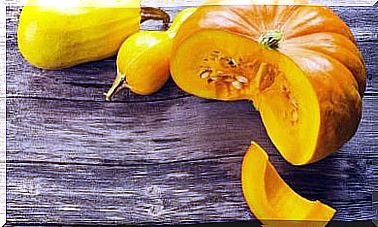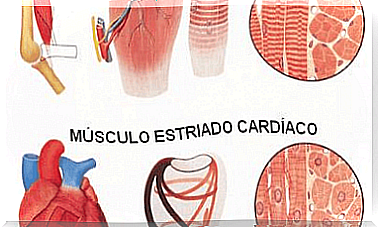Natural Remedies For Parkinson’s Disease
Parkinson’s disease is a slow and progressive degenerative disorder whose treatment aims to control symptoms and provide the patient with the best possible quality of life. In some cases, in addition to prescribed medications, physical and occupational therapy, and sometimes deep brain stimulation, are resorted to. And it should be noted that a cure for this disease has not yet been found.
The main symptoms of this disease are tremors, muscle stiffness and difficulty in performing movements.
Once the patient is diagnosed, he must follow the treatment prescribed by his doctor. However, it is possible that, on occasions, the patient wishes to ask you about the possibility of incorporating some adjuvant measures or natural remedies into their treatment.
At this point, we must take into account several issues:
- Various recipes for natural remedies to treat Parkinson’s disease have been promoted even though they have no scientific validity. They are mostly based on hasty conclusions from the results of some published research indicating that the evidence found was insufficient and that further study was needed.
- No natural remedy can substitute for medical treatment. It is not recommended.
- In case you are curious, it is best for the patient to consult with their doctor about their use BEFORE deciding whether to try them or not.
- In case of testing them, the patient must keep point 2 in mind at all times. In addition, you should consider the remedy as one more measure and at no time as a “cure” for the disease.
Natural remedies for Parkinson’s disease
Let’s see what are the most recommended natural remedies for this disease.
Broad beans and beans

As this study by the University of Navarra maintains, levodopa is a chemical used in the treatment of Parkinson’s. Now, although this substance is found in various medications, it is also contained in lima beans and beans. Therefore, it has been thought that the consumption of these legumes could improve some symptoms.
Antioxidants
In this review article by López et al. (2012) it is argued that the antioxidant properties of many foods could help combat the oxidation process and slow down, to some extent, and always together with medical treatment, the development of Parkinson’s disease.
For this reason, a diet rich in antioxidants could be a key complement in the treatment of the disease. Although it is definitely not proposed as the main treatment.
According to this approach, regular consumption of foods such as strawberries, blackberries, blueberries, tomatoes, carrots, grapes, broccoli, nuts and foods that contain vitamin C, E, and selenium would be recommended.
Discover: Do fruits help eliminate toxins?
Gingko Biloba

Gingko biloba is a plant that is believed to have certain health benefits, even when suffering from Parkinson’s disease. However, there are professionals who argue that it is not recommended to use it.
Those who are in favor of using it, argue that it improves blood circulation, promotes oxygenation and blood supply to the brain. On the contrary, those who advise against its use, affirm that there is no evidence to demonstrate these effects.
In the scientific literature, there is no real evidence that gingko biloba improves Parkinson’s in any way. In any case, it would be best to avoid this remedy and continue following the instructions of the treating physician.
Coenzyme Q10
As the researchers Linazasoro, et al. (2009) in their article “Neuroprotection in Parkinson’s disease: analysis through the methodology of key informants” , Parkinson’s patients have low levels of Q10, so it would be very important to help them restore their levels. For this, supplements could be consumed.
To consider
In short, to treat Parkinson’s and any other disease, it is best to follow the indications of the treating physician. The use of natural remedies and other proposals that are not based on scientific evidence can be counterproductive and, therefore, it is best not to resort to them (or at least, not without first consulting with your doctor about their use).









